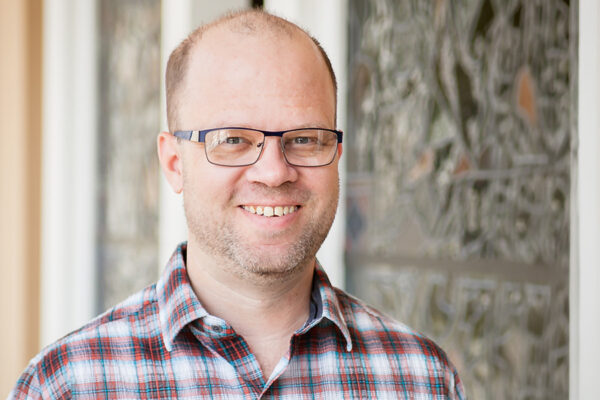Saintly Significance
I’ve been trying to learn something about St. Patrick this week, but it’s hard to track down much information about a person who died 1,557 years ago. According to tradition, Patrick died on March 17, 461, which is why he is remembered and celebrated on that day each year. But that’s tradition and not an unquestionable fact. When it comes to remembering his life, tradition is almost all we have.
Most stories report that Patrick was kidnapped around the age of 16 from his home in Britain and taken to Ireland to work as a slave. Eventually he escaped. Some say a voice in a dream told him to escape. Some say he caught a ride back to Britain on a pirate ship. Other stories say he went to the European mainland for a certain period of time before going back to Britain. All agree that he ended up back in Ireland as a missionary, though claims that he was the very first to bring the faith to that island seem dubious. Near the front of our hymnal, Evangelical Lutheran Worship, Patrick’s commemoration is noted on the calendar and he is listed as a bishop and missionary to Ireland. There’s nothing there about driving out snakes or using a shamrock to help pagans understand the Trinity.
Lots of saints have incredible (truly incredible, in the sense of unbelievable) stories told about them. This is what’s known as hagiography, which sometimes throws facts out the window in order to make it obvious how holy an individual was. What are the criteria, then, for calling someone a Saint with a capital S? I’m not concerned with the intricacies of canonization in the Roman Catholic Church, but I will offer a definition from a well-known Catholic, Thomas Merton, who said, “For me to be a saint is to be myself.”
As a Trappist monk, Merton sought to live in greater communion with God and humanity, and his journey taught him that one of the secrets to living a holier life was to let go of what other people thought of him or expected him to be. “The logic of worldly success rests on a fallacy:” he wrote, “the strange error that our perfection depends on the thoughts and opinions and applause of other [people]! A weird life it is, indeed, to be living always in somebody else’s imagination, as if that were the only place in which one could at last become real!”
To live lives of saintly significance, we need not worry about how we exist in any individual or collective imagination. Loving God and loving our neighbors, which is our highest calling, most days requires no heroic feats and no escapes on pirate ships. If we live into our identity as beloved children of God, no one will have to make up any stories to convince anyone that we loved others, too.





Stella Herzig
super neat realization, Ryan! thank you!
Dick Moore
Thanks Ryan:
You will be missed….